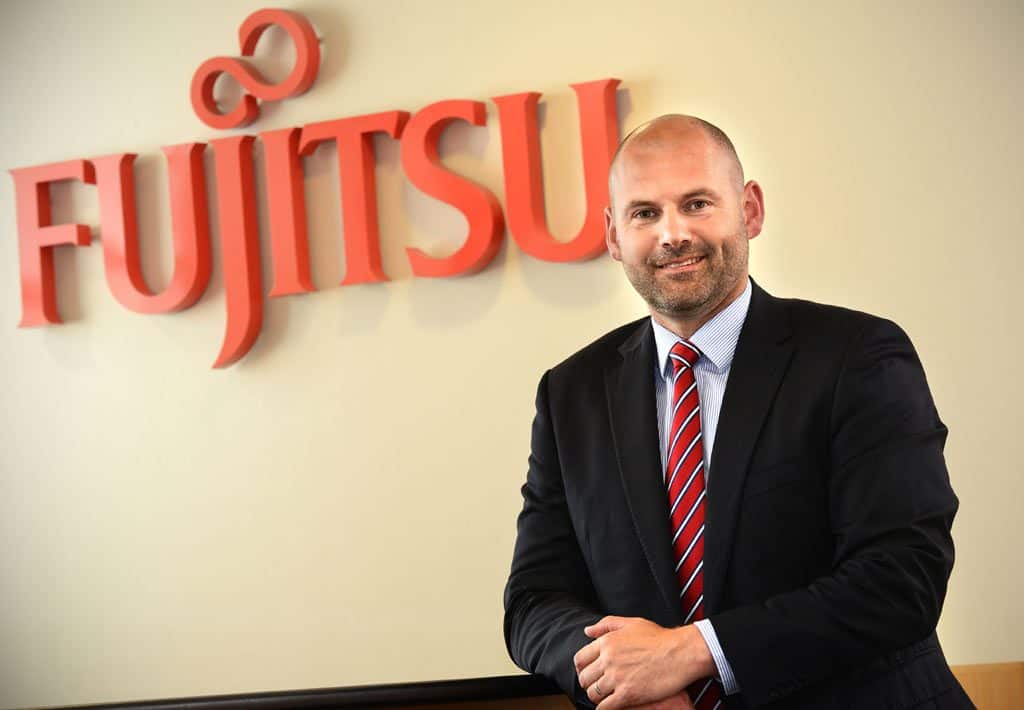Tony O’Malley, Fujitsu Ireland CEO
Tony O’Malley, Fujitsu Ireland CEO, makes a case for how essential Corporate Social Responsibility initiatives are for businesses.
In a recent survey that we conducted, we found that nearly half of businesses believe that Corporate Social Responsibility (CSR) initiatives are “nice to have” rather than being critical to business success. This is not how the future will look for business. In fact, I see the role of the CEO as not just becoming more involved in social change, but in leading it, in a new mould of the CEO Activist with CSR at as essential element.
Making a case for CSR
While CSR has long been thought of as the ‘poor cousin’ of the business world, its increasing importance among every business, and particularly among industry leaders, is evidence of the invaluable role that responsible business plays in creating a progressive and sustainable working culture. A responsible business culture is one that not only retains employees through empowering them to make a positive contribution in local communities but also attracts the next generation of highly motivated and self-aware employees.
More encouragingly, in the same survey, businesses acknowledged that they can and must do more in this area. I believe this is reflective of employers becoming increasingly aware of the cultural fabric that ties together employers, employees and society at large and how this holistically benefits a modern business.
Leading by example
It is incumbent upon not just our societal leaders, but also our industry leaders to take a strong stance on the issues of the day, in both word and action. In this sense, thought leadership and CSR are two sides of the same coin. CEOs are increasingly being held to their rhetorical ideals and commitments through a transparent CSR policy. The role of the CEO Activist is therefore not so different from that of a traditional CEO; it retains the same essential qualities; leadership, accountability and collaboration. These qualities need now be reflected outward to customers and society as a whole as well, rather than solely inward to employees.
What underlies this is a marked adjustment in how employees and employers interact. Businesses have a standard contractual obligation to employees around pay, holidays, working conditions, and other aspects. CSR fulfills a different promise to our employees; one that says, we want to engage in society and the communities that we work in to make people’s lives better. Further, it says, we want to create an environment where everyone can help using their specific skills.
Giving back and building skills
An important aspect of this is to make it as easy as possible for people to partake in skills-based CSR, so that everyone can help in the most valuable way possible. As an IT company, our employees are engaged in technological projects with various charities and NGOs, in particular with the National Council for the Blind of Ireland, where technological innovation can be greatly helpful to the everyday lives of those experiencing sight loss.
A by-product of this overlap is to make CSR an integral part of the business’ identity. It creates a self-reinforcing interplay between the raison d’être of a company and its CSR initiatives. While companies, of course, have a fiduciary responsibility, much can be achieved to deliver for all stakeholders so that companies can have a positive impact on people and society while being a sustainable commercial success. Responsible business initiatives, when done well, can increase brand awareness, enhance corporate reputation, increase customer loyalty, drive efficiencies and position your company as a desirable place to work.
Business for Good

